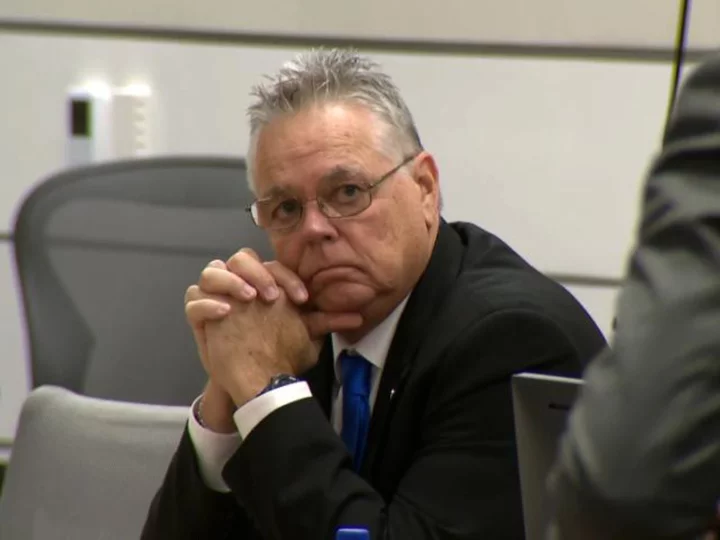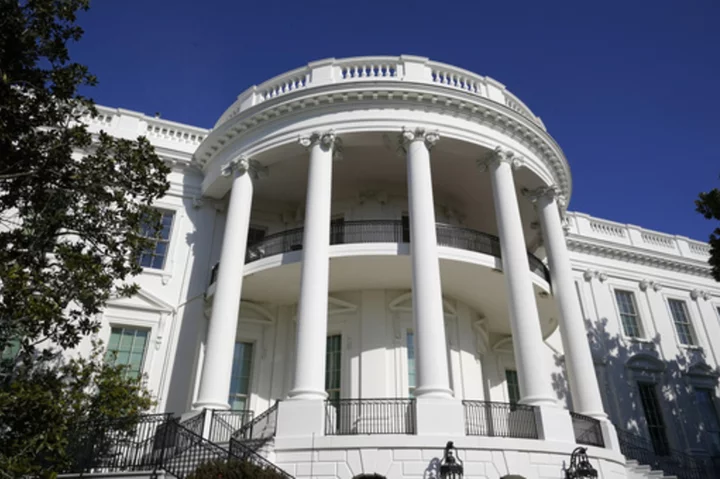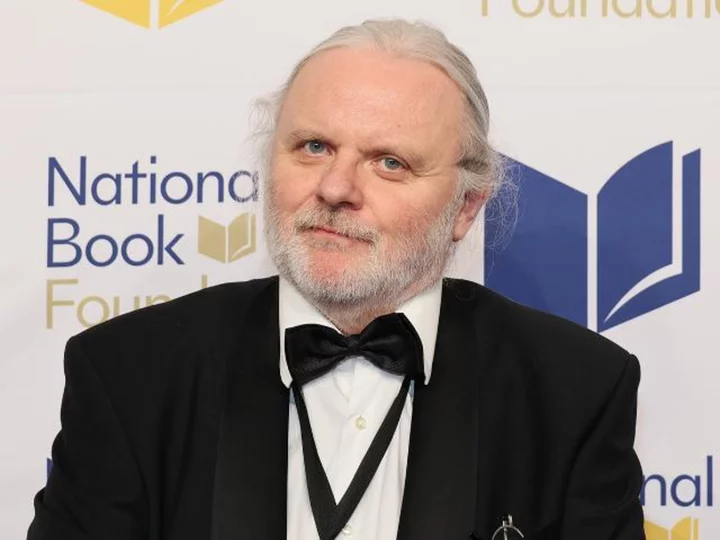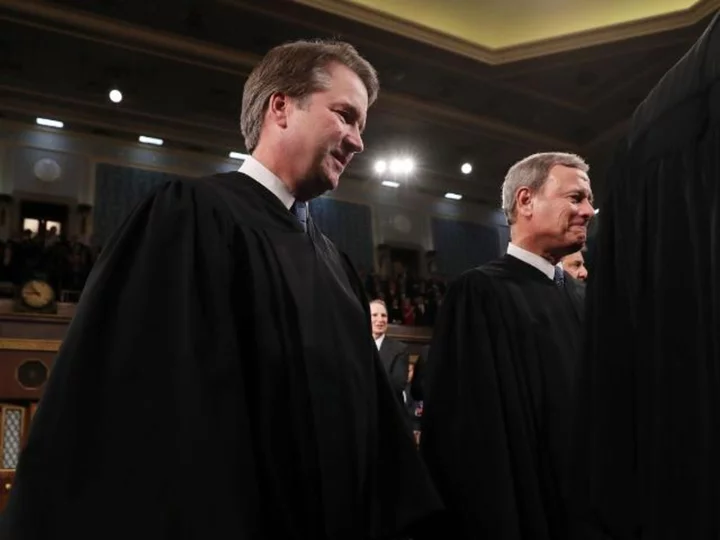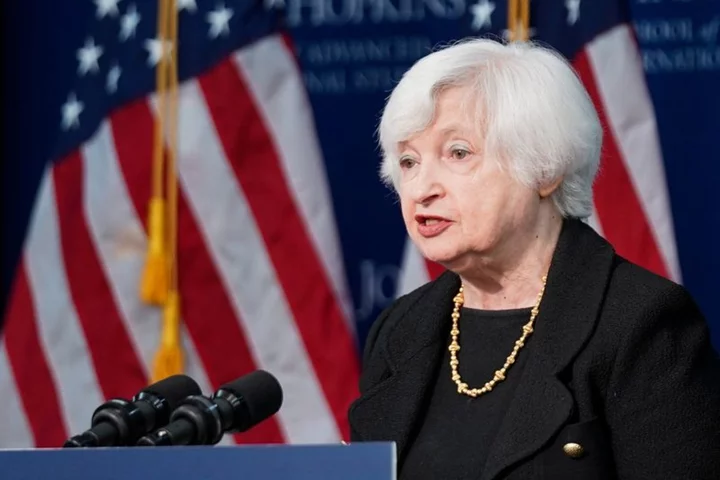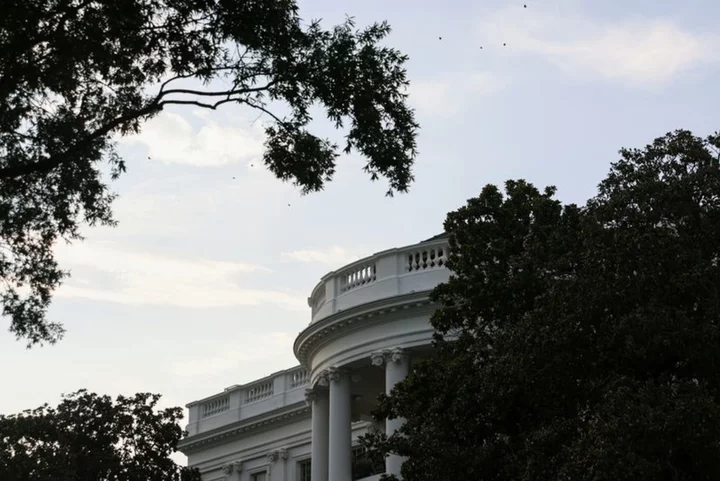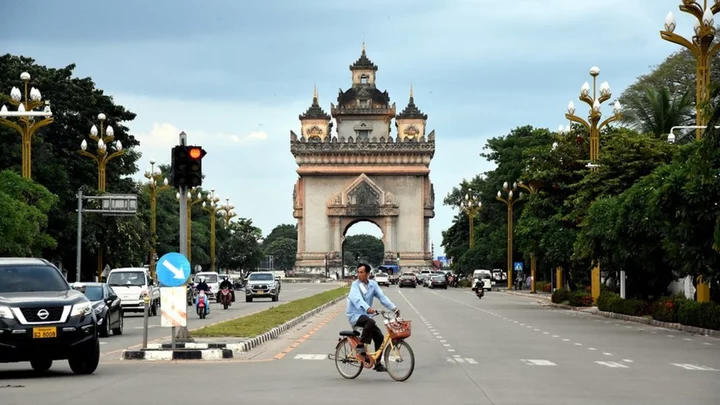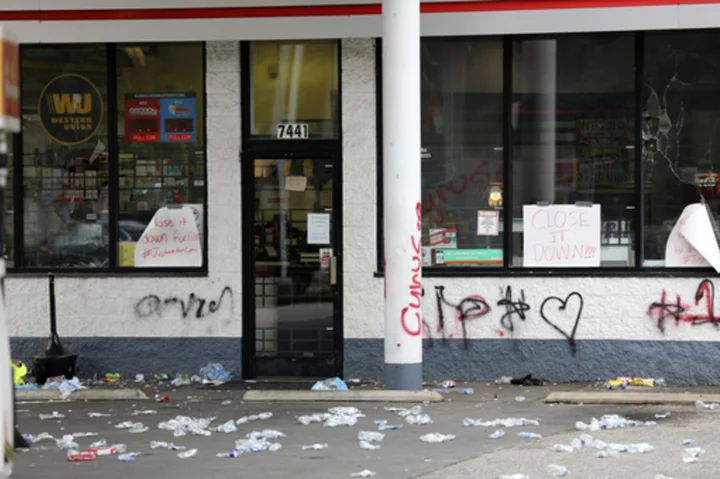Deliberations are continuing for a second day Tuesday in the trial of Scot Peterson, a former school resource officer who stayed outside during the February 2018 mass shooting at Marjory Stoneman Douglas High School.
Prosecutors say Peterson, 60, ignored his training and common sense and chose to do nothing while students and adults at the Parkland, Florida, school were shot. Seventeen people died -- 14 of them students.
"His job was to go and investigate and make his presence known, and that simply did not happen," Assistant State Attorney Christopher Killoran said in closing rebuttal arguments Monday.
Peterson is accused of failing to confront the gunman according to his active shooter training, instead taking cover for more than 45 minutes outside the school's three-story 1200 building during the deadliest high school shooting in US history.
"In that moment, while he stood at those doors, every student and every teacher on the third floor was still alive," Assistant State Attorney Kristen Gomes said. "In that moment, choose to go in, or choose to run. And Scot Peterson chose to run."
Peterson has pleaded not guilty to eleven counts, including seven felony counts of child neglect and three misdemeanor counts of culpable negligence for his alleged inaction to stop the shooter. He also faces one misdemeanor count of perjury for lying to investigators about the number of gunshots he heard after arriving at the scene of the shooting, according to prosecutors.
The charges are specifically related to the deaths and injuries of seven students and three school employees on the third floor of the 1200 building.
Peterson was not charged for the victims on the first floor because he had not yet arrived on scene. No one was killed on the second floor.
Peterson's attorneys have contended he didn't enter the building because he couldn't tell where the shots were coming from.
Peterson -- who retired as criticism of his alleged failure grew -- never knew where the shooter was, defense attorney Mark Eiglarsh told jurors, pointing to other witnesses who also testified they could not narrow down where the deadly shots originated.
"It makes total sense that it would sound like the shots are coming from outside because the door was open and the gun is pointing west in an opposite direction of where my client is," he said.
And even if Peterson did know where the shooter was, speculation that he could have made a difference is false, Eiglarsh argued.
"(The state's) entire case hinges upon this erroneous belief that he knew that there were kids in that 1200 building being shot by this monster," Eiglarsh said, asking jurors for a verdict of not guilty. "And that wasn't proven because it didn't happen."
Only one person was responsible for the shooting, Eiglarsh has argued: The shooter, who pleaded guilty to 17 counts of murder and 17 counts of attempted murder and was sentenced to life in prison without parole.
Trial focuses on law enforcement's role
The case is unusual, in part because it marks the rare prosecution of a law enforcement officer over his response to a mass shooting.
The trial included testimony from former students, staff and members of law enforcement who supported Peterson's claim that it was difficult to hear where the gunfire was coming from.
Jurors also heard from a number of witnesses who, on the contrary, testified they knew the gunshots were emanating from the 1200 building, as well as multiple law enforcement officers who testified their training dictated they move toward the sound of gunfire to confront a possible shooter.
On the morning of February 14, 2018, parents taking their kids to school would have had the chance to see Peterson on campus in uniform, Gomes said Monday, adding those parents "would have been absolutely correct to assume that that man's only priority was the safety of their child."
But Peterson "left behind an unrestricted killer to spend the next four minutes and 15 seconds wandering the halls at his leisure," Gomes said. "Because when Scot Peterson ran, he left children trapped inside of the building with a predator unchecked," Gomes added.
Eiglarsh has emphasized that Peterson was at the scene for the last four minutes and 15 seconds of the shooting, which lasted about six-and-a-half minutes in total. Peterson also arrived at the scene without a bulletproof vest or rifle and called for measures to lock down the school, the attorney told jurors.
"To sit in the calmness of a courtroom that is chill and mellow and try to go back and Monday morning quarterback is unfair and unjust," he added.

